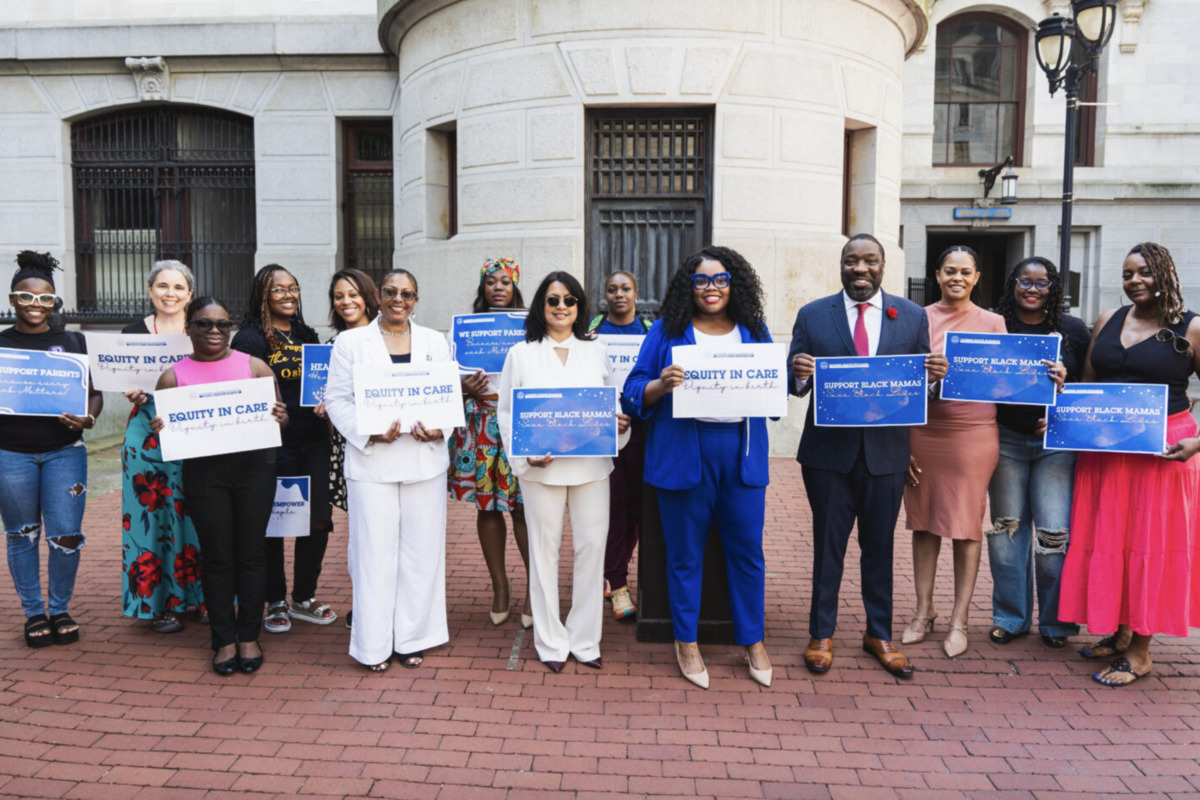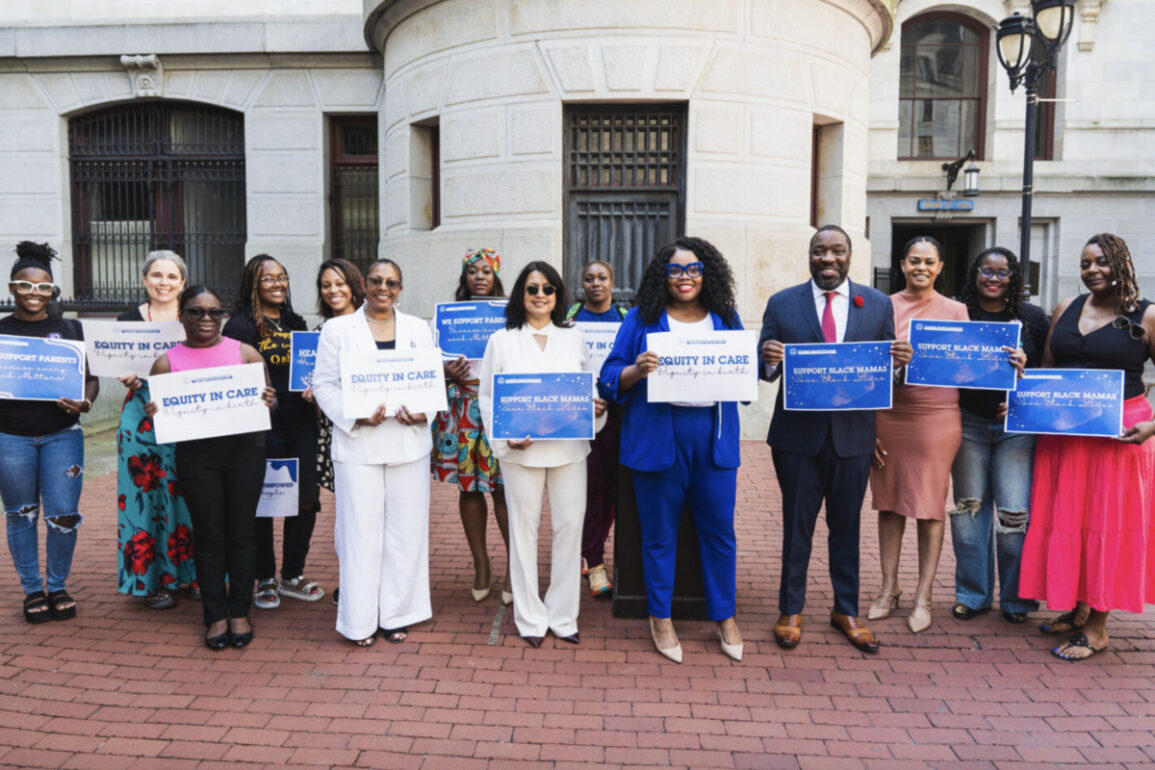
Philadelphia City Council’s Majority Leader Katherine Gilmore Richardson announced an $8 million allocation in the city’s Fiscal Year 2025 budget to bolster Black maternal health and enhance paid parental leave for city employees, as reported on the City Council’s official website – a move pointing toward the pressing need to address racial disparities and support working families.
The commitment by the city includes $1 million to support community organizations at the frontline of the Black maternal health crisis, providing in-home lactation support which Medicaid doesn’t cover and funding for doula services; $6 million will extend paid parental leave from six weeks to eight, and with an additional $1 million set aside to explore the possibility of city-run childcare, this initiative reflects an expanding awareness of the financial and emotional strain on new parents, especially with the return to full-time in-person work starting July 15, which forces city employees to seek costly childcare solutions.
In a statement obtained by Philadelphia City Council’s news release, Gilmore Richardson, who is herself a working mother of three, emphasized the significance of this investment, highlighting that “Philadelphians are able to build strong and prosperous families from the womb to the classroom.”
These actions come in response to troubling data about the risks faced by Black women in pregnancy and postpartum outcomes, where non-Hispanic Black women are roughly four times more likely to die from pregnancy-related causes compared to their non-Hispanic white counterparts, and with a shocking two-thirds of U.S. maternal deaths occurring postpartum, support such as paid leave is not just a benefit, but a necessity and a stark marker of inequality among high-income nations. Furthermore, there’s financial heft behind these issues too, as a report from the Association of American Medical Colleges found that adverse maternal mental health conditions, like postpartum depression, are a significant driver of the costs associated with maternal morbidity, with disparities starkly evident along racial and income lines – Black women and those with lower incomes were markedly less likely to take paid leave than white women and those at higher income levels, which only compounds the cycle of unequal health outcomes and financial instability.
The City of Philadelphia is charting a course that diverges from many other cities by providing 100 percent salary during parental leave without any prerequisite service period, setting a standard that acknowledges the immense challenges faced by new parents in the workforce – an action spurred on by recurrent reports such as one from Moms First, revealing that child care availability and costs contribute significantly to women leaving their jobs, a situation exacerbated by the high percentage of family income that child care costs can consume in Philadelphia County.
To encapsulate, Richardson asserted, “When I gave birth to my son in 2016, I only had four weeks of paid parental leave and was forced to take 12 weeks of unpaid leave covered under the federal Family and Medical Leave Act,” illuminating the continuous need for extending and humanizing policies around parental leave as a step toward reproductive justice specifically impacting Black birthing people, a commitment Philadelphia is now making through considerable financial investment and policy change.


